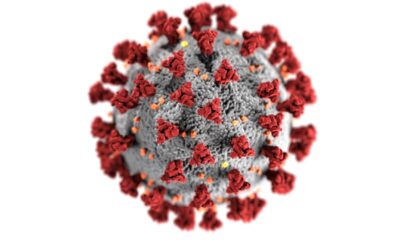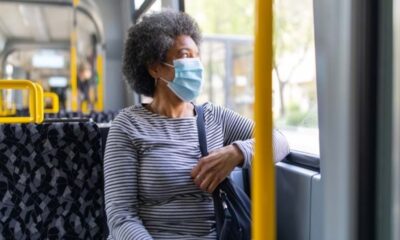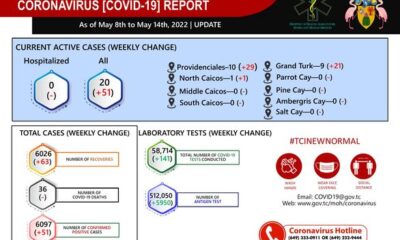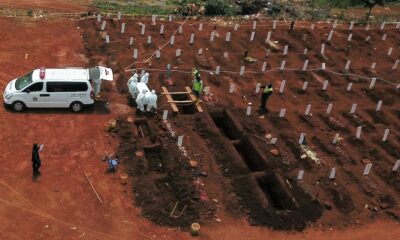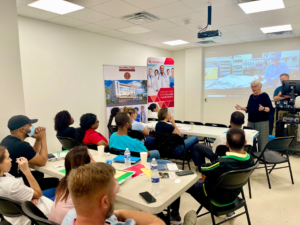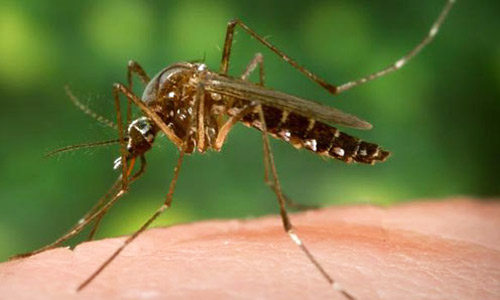Health
Woman dies on Tuesday; 32nd Covid Death for Turks & Caicos

Health
31 Turks & Caicos Medical Professionals, Trained in Trauma care
Caribbean News
Dengue surges in Argentina; Repellent shortage reported
Caribbean News
Yellow Fever Outbreak in Region and Beyond, Travellers Warned
-

 Caribbean News6 days ago
Caribbean News6 days agoBarbados welcomes new aircraft
-

 News1 week ago
News1 week agoYoung Junkanoo Player stuck in Grenada flown home on private jet by Government
-

 Finance1 week ago
Finance1 week agoE. Jay Saunders and Team spearhead landmark change in Public Financial Management; Budget ROLL-OVERS now approved
-

 Crime1 week ago
Crime1 week agoMales Charged with Firearm Offences
-
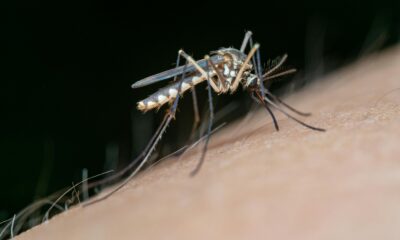
 Health1 week ago
Health1 week agoDengue Update – Brace for Potential Worst Dengue Season
-

 Crime1 week ago
Crime1 week agoAvoid Credit Card Fraud, CIBC makes security changes
-
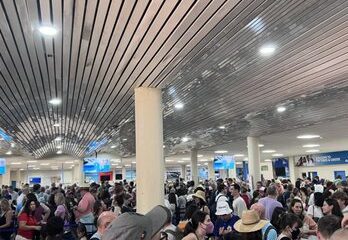
 TCI News1 week ago
TCI News1 week agoFear that Horrible Airport Reviews damaging TCI Tourism
-

 Africa1 week ago
Africa1 week agoUN Sec Gen says Africans must be honoured, supports reparations


